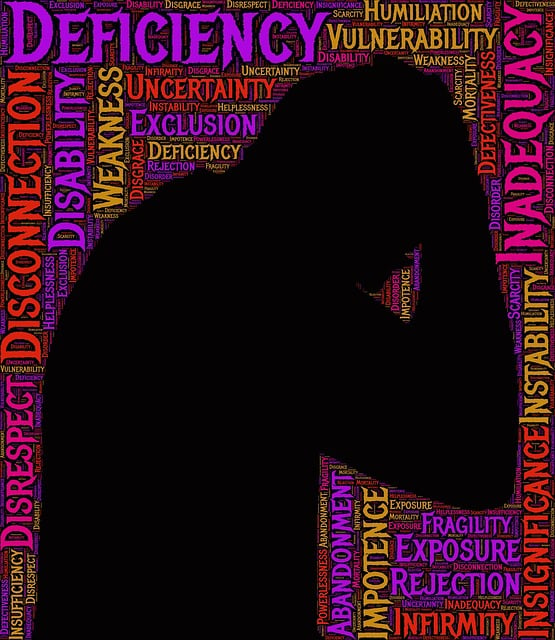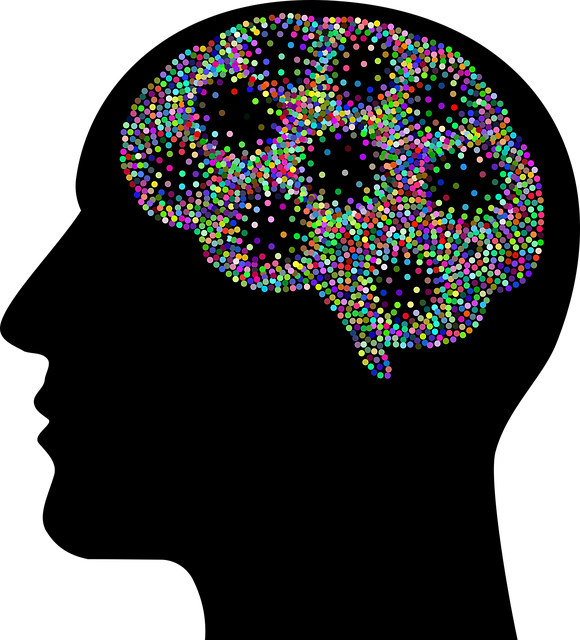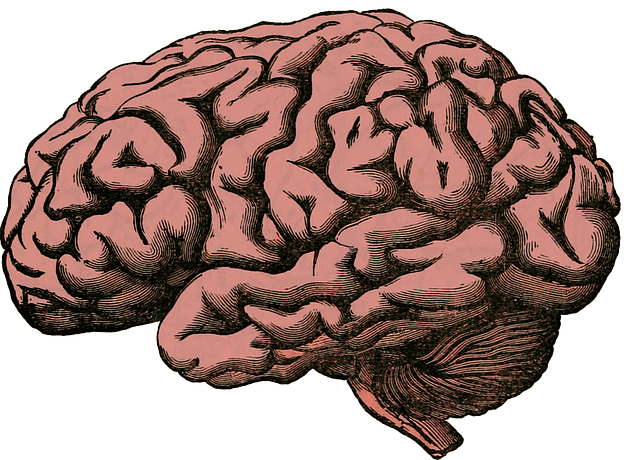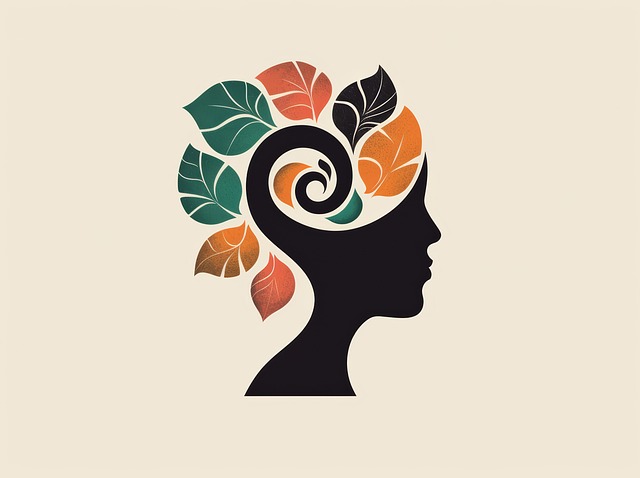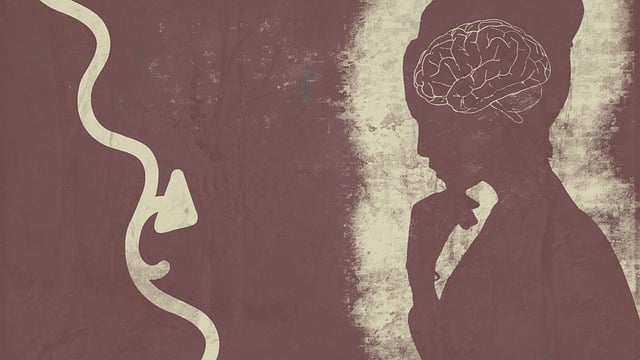Mental wellness journaling is a powerful therapy tool for adults with OCD, offering a safe space to explore thoughts and emotions. Regular documentation helps gain insights into behaviors, triggers, and patterns, fostering self-awareness and emotional regulation. This practice is incorporated into mental wellness coaching programs and stress management workshops, enhancing overall mental wellness. Customized prompts for reflection, mood tracking, and mindfulness can significantly improve OCD symptom management through self-reflection and personal growth.
“Unwind and embrace self-discovery through the transformative power of mental wellness journaling. This practice, a valuable tool in therapy for adults with obsessive-compulsive disorder (OCD), invites you to explore your thoughts and emotions. In this comprehensive guide, we delve into the benefits of journaling as a means of fostering personal growth. From understanding its impact on mental health to creating a personalized journal and effective prompts, discover how this simple yet powerful exercise can enhance your therapeutic journey.”
- Understanding Mental Wellness Journaling: A Powerful Tool for Self-Reflection
- Benefits of Journaling for Adults with Obsessive-Compulsive Disorder (OCD)
- Creating Your Journal: Customizing for Personal Growth
- Effective Journaling Prompts and Techniques to Enhance Therapy
Understanding Mental Wellness Journaling: A Powerful Tool for Self-Reflection

Mental wellness journaling is a powerful tool for self-reflection and personal growth, offering individuals a safe space to explore their thoughts and emotions. It serves as a form of therapy for adults with various mental health conditions, including obsessive-compulsive disorder (OCD). By dedicating time to write about their experiences, individuals can gain valuable insights into their behaviors, triggers, and patterns, which are essential steps towards recovery and self-improvement.
This practice encourages self-awareness and emotional regulation, helping one navigate through complex feelings and thoughts. Mental wellness coaching programs often incorporate journaling as a development tool, guiding individuals to track their progress and identify areas for growth. Moreover, stress management workshops and even mental wellness podcast series production can utilize this technique to engage listeners in practical self-care strategies. Through regular expression of thoughts, individuals can better manage stress, reduce anxiety, and foster resilience, ultimately enhancing overall mental wellness.
Benefits of Journaling for Adults with Obsessive-Compulsive Disorder (OCD)

Journaling has emerged as a powerful tool in the therapy arsenal for adults struggling with Obsessive-Compulsive Disorder (OCD). This simple yet profound practice offers a safe space for individuals to confront and navigate their intrusive thoughts and repetitive behaviors. By putting pen to paper, so to speak, they can begin to unravel the complex web of OCD’s emotional hold.
Regular journaling allows adults with OCD to engage in emotional healing processes, fostering self-awareness and insight into their disorder. It provides a platform for them to challenge cognitive distortions, track triggers, and record successes in exposure therapy. Moreover, this practice can boost confidence as individuals witness their progress over time. Social skills training, often a complementary approach, can further enhance the benefits of journaling by encouraging the sharing of experiences within supportive communities, fostering connection and understanding.
Creating Your Journal: Customizing for Personal Growth

Creating your journal is an intimate process that reflects your unique journey towards mental wellness. It’s a space where you can customize your personal growth experience, much like therapy for adults with obsessive-compulsive disorder (OCD), tailoring strategies to specific challenges. Consider what aspects of your life and emotions you want to explore—from managing anxiety and stress to cultivating gratitude and self-care practices.
Your journal can incorporate a variety of elements that support this exploration. For instance, include prompts for reflection on daily experiences, tracking moods, and listing mind over matter principles that resonate with you. Even simple tools like mood trackers or space for drawing can foster empathy building strategies by helping you recognize patterns and gain insights into your mental landscape. Remember, the goal is to create a sanctuary where you feel comfortable confronting thoughts and emotions, much like navigating a labyrinth towards self-discovery.
Effective Journaling Prompts and Techniques to Enhance Therapy

Effective journaling prompts can be a powerful tool to enhance therapy for adults with obsessive-compulsive disorder (OCD). By encouraging individuals to explore their thoughts and behaviors, this practice offers a safe space for self-reflection and personal growth. One prompt that fosters engagement is writing about daily experiences, even seemingly mundane ones, as they relate to OCD symptoms. This technique helps individuals identify triggers and patterns, which is crucial for developing effective coping strategies.
Additionally, incorporating mindfulness meditation practices into journaling can further benefit therapy. Encouraging writers to focus on their senses during the day and jot down their observations cultivates a mindful mindset. This heightened awareness can help individuals become more attuned to their emotions, leading to improved self-esteem and better management of OCD symptoms. Self-care routine development for better mental health is also supported through journaling, as it allows individuals to track progress, set goals, and celebrate achievements related to their journey towards recovery.
Mental wellness journaling is a versatile tool that not only offers insights but also empowers individuals, especially those managing OCD, to navigate their thoughts and emotions effectively. By integrating this practice into therapy sessions, professionals can enhance the benefits of treatment, fostering personal growth and improved mental wellness. Through customized prompts and tailored techniques, individuals can delve into their inner worlds, gain new perspectives, and embark on a journey of self-discovery, ultimately revolutionizing their approach to mental health care.

